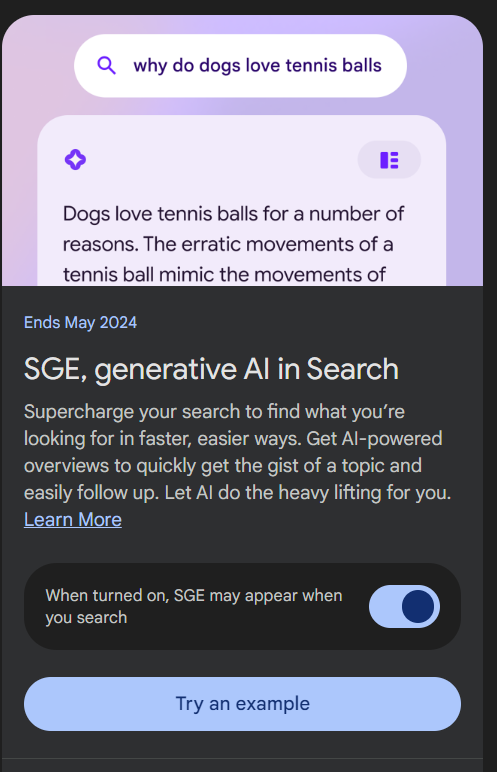
I have a controversial and perhaps somewhat surprising (to some) view.

I have a controversial and perhaps somewhat surprising (to some) view.

Summary Classification of Academic Search Tools by Skill and Performance : This post explores a framework for categorizing academic search tools based on their skill cap (the expertise needed to use them effectively) and performance cap (the potential quality of results they can yield), drawing parallels to gaming strategies. Trade-off : Tools like Google Scholar and Web Scale Discovery services (e.g., Primo, Summon) are seen as

Source Ex Libris surprised us by suddenly releasing Primo Research Assistant to production on September 9, 2024 (when the earlier timeline was 4Q 2024 with some believing it might even be delayed). Despite the fact that there are so many RAG (retrieval augmented generation) academic search systems today that generate answers from search, this is still quite a significant event to be worth covering in my blog. Why?

Earlier related pieces - How Q&A systems based on large language models (eg GPT4) will change things if they become the dominant search paradigm - 9 implications for libraries In the ever-evolving landscape of information retrieval and library science, the emergence of large language models, particularly those based on the transformer architecture like GPT-4, has opened up a Pandora's box of possibilities and challenges.

Note: This is a lightly edited piece of something I wrote for my institution What is Google’s Search Generative Experience (SGE)? In past ResearchRadar pieces, we have discussed about how search engines both general (e.g. Bing Chat, Perplexity) and academic (e.g Elicit, Scite Assistant, Scopus (upcoming)) are integrating search with generative AI (via Large Language Models) using techniques like RAG (Retrieval Augmented Generation). But what

List of academic search engines that use Large Language models for generative answers (for the latest version - see this page) This is a non-comprehensive list of academic search engines that use generative AI (almost always Large language models) to generate direct answers on top of list of relevant results, typically using Retrieval Augmented Generation (RAG) Techniques. We expect a lot more!

I was asked to give a talk at CILIP Conference 2023 for the Data & AI panel. I was given 10 minutes to send a recording which I eventually delivered. But here's an extended 40-minute recording before I cut it down. As I was just practicing, the delivery might not be the best, and in fact the final 10-minute version might be better!